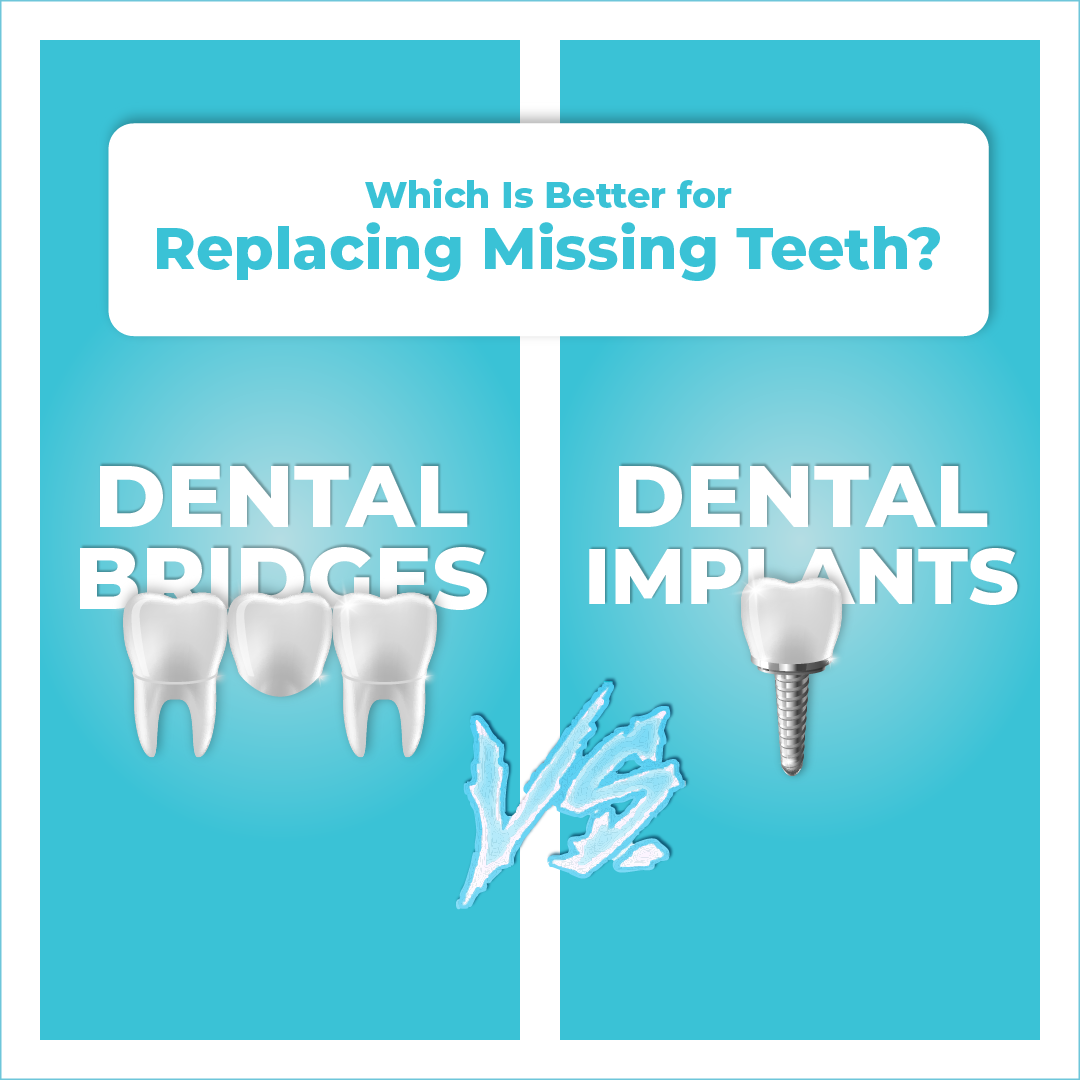
Which Is Better for Replacing Missing Teeth? Dental Bridges vs. Implants Explained
Losing a tooth can cause problems that affect how you eat or speak, and it can have a major impact on your confidence. You might find yourself avoiding being in photographs, taking selfies, smiling less in general, or feeling self-conscious in social situations. Meeting new people or catching up with friends may also start to feel uncomfortable too.
If you are in this situation, it is important to know that finding the right treatment for missing teeth may be easier than you think. With the appropriate dental treatment, you can restore both appearance and function, enjoy long-term comfort and reliability, and regain your smile and confidence at the same time.
Affordable dental care of the highest quality is available in our VIP clinics in Turkey, where many patients from around the world choose expert treatment at a fraction of the cost they would pay at home. The VIP clinics are equipped with advanced technology and experienced dental teams provide safe and effective solutions at a reasonable cost.
The main question for many people is whether to choose dental implants or bridges. Both approaches can restore missing teeth, but they work in very different ways.
Dental implants are titanium posts that are placed into the jawbone to act as artificial tooth roots. Once the implant has integrated with the bone, which usually takes three to six months (depending on bone grafting etc.), a crown is attached on top to restore the natural look and function of the tooth. If the jawbone is not strong enough to hold an implant, procedures such as bone grafting or sinus lifting may be needed first. With proper care implants can last for decades, often for life, though the crowns attached to them usually need to be replaced after ten to fifteen years or more. Implant components are highly durable, but failures can occur in rare cases.
Dental bridges replace missing teeth by anchoring an artificial tooth to crowns on the neighboring teeth. This makes them less invasive than implants, since nothing is actually placed into the jawbone, and the treatment can often be completed in a single visit. Bridges usually last ten to fifteen years with good oral hygiene.
When teeth need to be extracted before treatment, implants can often be placed immediately as part of the same procedure. Temporary teeth can be provided during this period. With bridges, the false tooth can sometimes be fitted at the same visit as the extraction, but if the gums are not fully healed this may leave a small gap over time. Sometimes two visits may be advised.
The choice between implants and bridges depends on several factors. Implants are best suited to patients who have sufficient bone and gum health to support them, and they preserve the structure of neighbouring teeth since those teeth do not need to be altered. Bridges may be preferable when the adjacent teeth already require crowns or fillings, or when medical conditions make implant surgery less suitable. Implants require more time because of the healing process, while bridges can be completed quickly, which is convenient for patients who are visiting Turkey for only a short period. There are also budgetary considerations, with implants being somewhat more costly than bridges.
The number and position of missing teeth also influences the choice. A single missing tooth can be replaced with either one implant and a crown, or with a three-unit bridge supported by the adjacent teeth. Several teeth missing in a row can be restored with multiple implants or a longer bridge. When all teeth in an arch are missing, usually four to six implants are placed to support a full set of fixed teeth. Bridges cannot replace a missing last molar unless there is another tooth behind it for support, so implants are the only option in that case.
Whether you choose a bridge or an implant, treatment in the VIP clinics in Turkey can provide world-class standards at a fraction of the cost in the UK, US, or many other European countries. The VIP clinics offer private laboratories, advanced technology, certified high-quality materials, free consultations and X-rays, and convenient arrangements such as airport transfers and hotel assistance.
The best solution for you depends on your dental health, goals, and budget. Every patient is different, and so is every smile. Our experienced dental team can help you decide which treatment fits your needs so you can eat, speak, and smile with confidence again.
